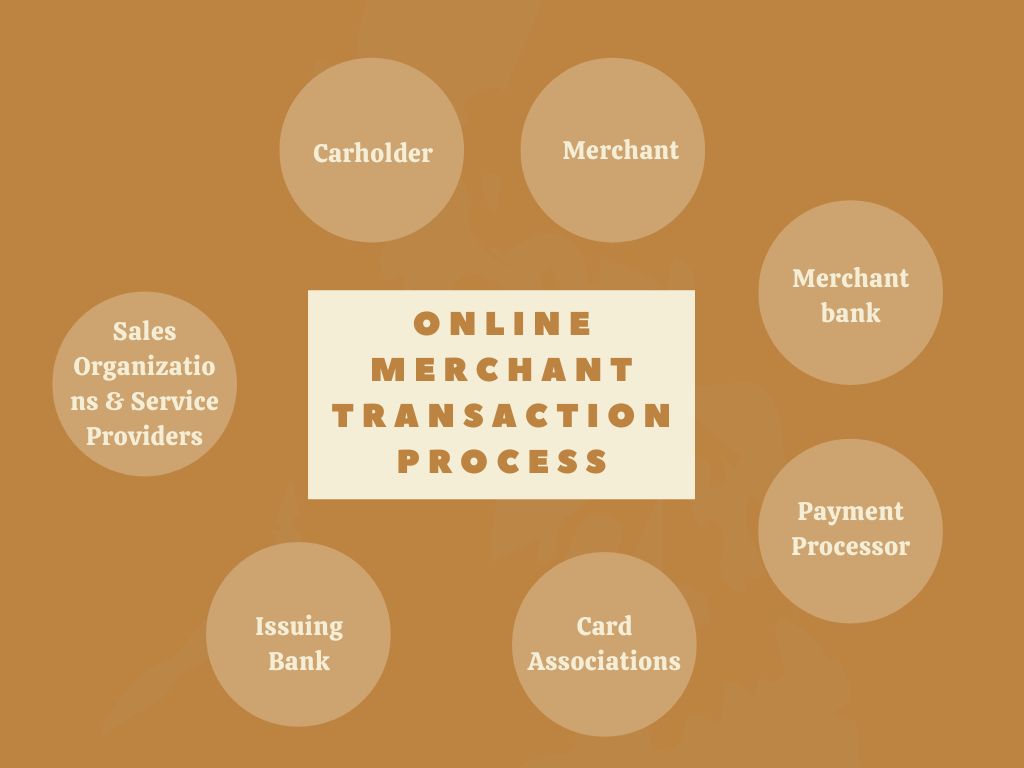What Is An Online Merchant?

A company that conducts sales and payment processing online is known as an online merchant. Transactions at this online business are handled via a virtual terminal and payment gateway. The only difference between these businesses and those with physical stores is that the point of sale and all transactions are made online.
What Does An Online Merchant Do?
An online merchant’s responsibility is to sell products on their website. The majority of new business owners begin as online sellers. This is distinct from an online merchant because the latter has additional duties like overseeing inventory and setting up payment services. These merchants have the option of using recurring billing or a flat rate.
An online retailer must maintain the caliber of their goods or services, determine their prices, oversee payment processing, and carry out strategic marketing in order to succeed. Online advertising is crucial for the development and survival of businesses. The merchant must be aware of current media trends in order to effectively promote items and uphold the corporate brand.
Online Merchant Transaction Process
Although complicated, the process of a transaction from the bank account of the cardholder to the online merchant account is quite straightforward and clear when broken down. The diagram below illustrates how online payment processing works from the point of sale to the online merchant bank account.
What Kinds Of Online Merchants Are There?
01. E-commerce Merchant
A merchant that only conducts business online sells goods or services. A seller on the internet is not the same as an online merchant account. The online vendor only purchases items to resell for profit. The online retailer is also responsible for other things. The online retailer is primarily responsible for handling payment processing. They must also oversee inventory, build the company’s brand, and advertise the goods and services.
02. Wholesale Merchant
A wholesaler also referred to as a wholesale merchant, buys products in large quantities. The merchant resells the items to retailers in smaller quantities after they are bought. Previously, it was more typical for wholesale merchants to run their businesses out of sizable warehouses, but recently, the trend has shifted towards the merchant serving as a transaction broker. The term “drop shipping” refers to this mode of operation.
03. Retail Merchant
A retailer, also known as a retail merchant, buys goods in smaller quantities from wholesalers. Direct consumer sales are made by the retailer. These kinds of retailers typically perform much better in marketing and advertising than wholesalers.
Always, retail costs are greater than wholesale costs. The fact that retail spends more on advertising, marketing, public relations, and promotions is a significant factor in the price difference. Due to their customer-facing nature, retailers are also more accountable for their reputation and customer service.
Retail business owners are essentially distributors. This enables them to rebrand products and change labels on existing ones. Changes to packaging are not always permitted by businesses. The freedom a retailer has to rebrand can be impacted by trademark rights and other agreements. Although this sales approach is successful, there is a lot more to product promotion. The most common method of product distribution among business owners appears to be reselling. Retailers will undoubtedly increase their online sales as a result of the Covid-19 pandemic as people choose to isolate themselves and stay put.
04. Affiliate Merchant
A company that sells items through a network of affiliates utilizing links and advertisements is known as an affiliate merchant. Affiliate sellers promote products on websites and then receive a cut of the transaction when a customer makes a purchase. Merchants are frequently required to pay a membership fee in order to participate in the network. The affiliate program requires an extra commission to be deducted from each sale in order to operate.
If your company struggles to place high-risk merchants, has customers who have trouble accepting payments, or simply needs a skilled merchant services and processing team, think about becoming a partner with Gconnectpro. Let our experts assist your company or your clients in increasing revenue, enhancing enterprise value, and boosting sales.
The Situation Of Online Merchants:
As more merchants open online stores, online sales increase yearly. Given the impact of the Covid-19 pandemic on people’s decisions to avoid going to physical stores, this trend is probably going to continue. Instead, customers are being encouraged to use their debit card, American Express, Visa, Mastercard, or Apple Pay to make purchases from online merchants using e-commerce websites and online credit card processing resources. Now the question remains:
Is it time to take your company online?
Ans – Yes



Write a reply or comment
You must be logged in to post a comment.